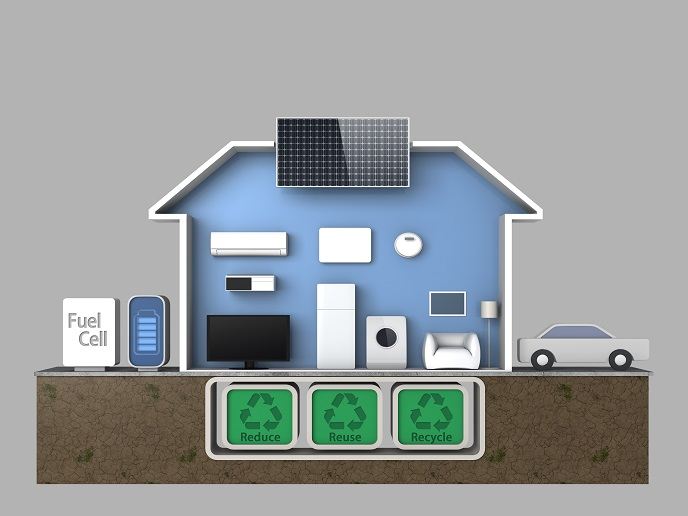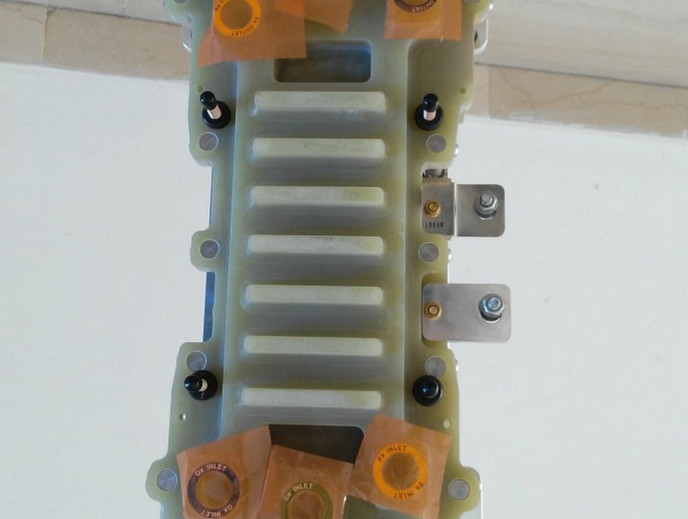Improved fuel cells with greater market potential
Fuel cells convert the chemical bond energy in fuels such as bioethanol into electricity via a no-combustion electrochemical conversion process. Market potential for back-up and off-grid systems is supported by important advances in wireless communications systems. However, penetration has been slow, largely due to large initial investment costs and fuel logistics issues. EU-funded scientists launched the PEMBEYOND(opens in new window) (PEMFC system and low-grade bioethanol processor unit development for back-up and off-grid power applications) project to address both these issues and open the door to widespread uptake. The team is developing a cost-competitive polymer electrolyte membrane fuel cell (PEMFC) power system. Exploiting the latest automotive reformate-compatible PEMFC stacks should significantly reduce stack manufacturing costs. Compatibility of the stacks with low-grade hydrogen will enable technical simplifications that will further reduce cost. The system will be compatible with crude bioethanol to allow direct use of locally produced, easily transported and stored, sustainable and low-emission fuel even in developing countries. Within the first six months the team created a simulation tool and delivered the preliminary design for the first lab prototype. Simulations of components are underway. In addition, experimental characterisations to evaluate crude and purified bioethanol samples, catalysts and adsorbents have begun, and test benches for the fuel cell stack and system are ready for the next project phase. In addition to technical work, researchers have developed a techno-economic tool that will evaluate the potential of the PEMBEYOND power system in the back-up and off-grid markets. In parallel, data are being collected for the techno-economic and life-cycle assessment analyses. An industrial advisor group consisting of representatives from energy and telecommunications has been formed to further ensure marketability. Researchers are promoting the project and its outcomes through the project website and annual workshops, the first of which was held in September 2014. Members also established a presence at the World Hydrogen Energy Conference. Increasing the techno-economic attractiveness of fuel cell technology for off-grid and back-up power will have major impact on investment and market uptake, and subsequently on reducing global emissions and climate change. Benefits could be particularly important for developing countries.







